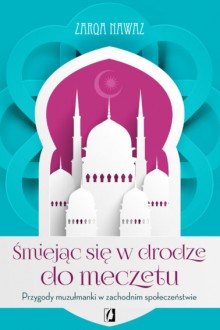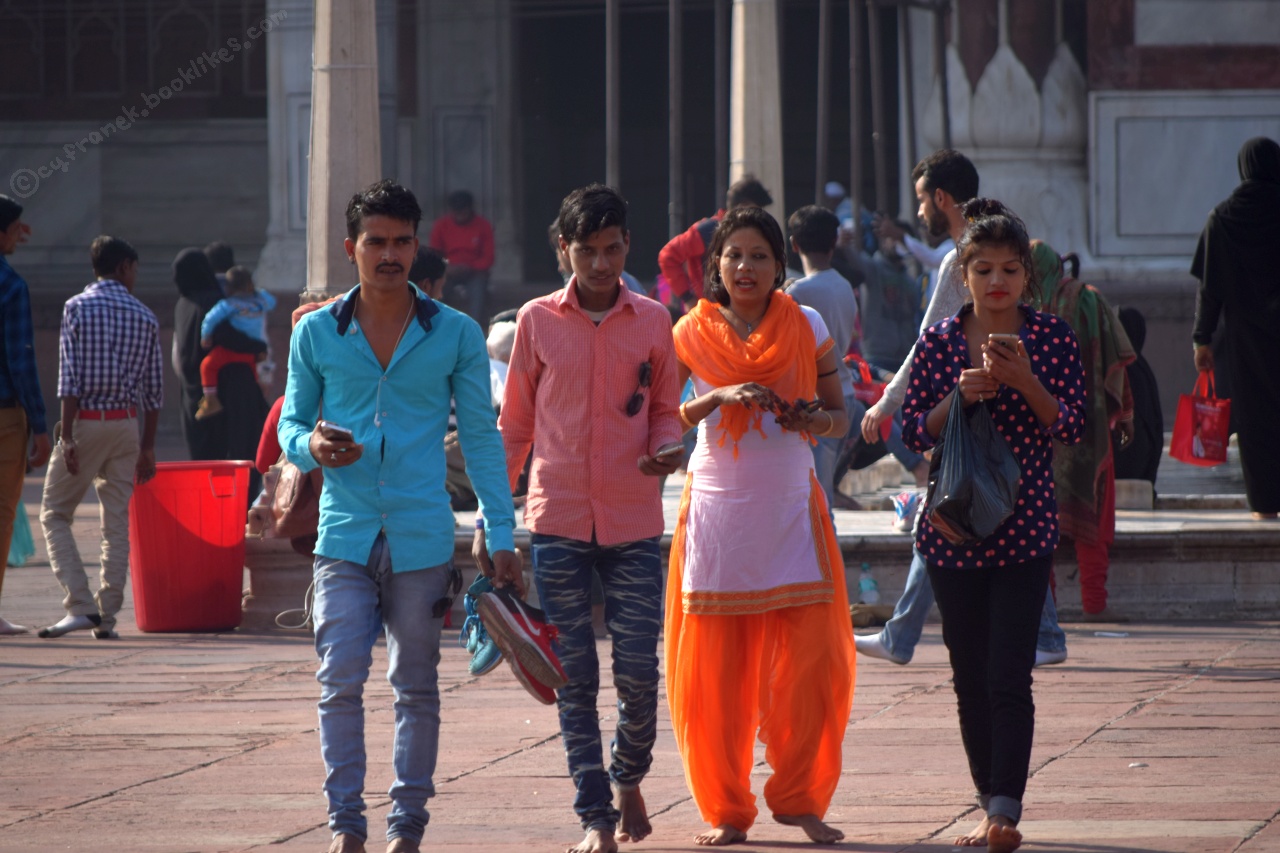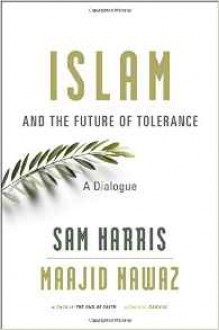
„Śmiejąc się w drodze do meczetu” pokazuje, że w islamie, podobnie jak w wielu innych religijnych społecznościach, trudno być inteligentną, niezależną kobietą. Jeszcze trudniej być targaną rozterkami nastolatką. A najtrudniej być myślącą osobą, która próbuje zrozumieć otaczającą ją „tradycyjną” rzeczywistość. Skąd tyle trudności? Ano głównie dlatego, że gdy się bliżej przyjrzeć systemom religijnym pod każdą szerokością geograficzną, okazać się może, że zdecydowana większość z nich została założona/wymyślona/zorganizowana/ugruntowana przez mężczyzn. Ze wszystkimi tego konsekwencjami wynikającymi dla kobiet.

Śmiejąc się w drodze do szkoły (Dhaka, 2012 r.)
Książka jest beletryzowanym zapisem wspomnień samej autorki, której przyszło wychowywać się w muzułmańskiej rodzinie i społeczności mieszkającej w Kanadzie, po wyprowadzce z rodzinnego Pakistanu. Zarqa Nawaz miała to szczęście, że dorastała w bogatej, inteligenckiej rodzinie i stać ją było na wiele nie tylko pod względem materialnym, ale i w zakresie wyborów życiowych. Wraca dziś wspomnieniami do swojego dzieciństwa, w okres dorastania i młodość, próbując spojrzeć na te czasy z przymrużeniem oka. Próbując odtworzyć radosne, zabawne ale i gorzkie chwile, które utkwiły jej w pamięci.
„Kiedy przyszła po mnie mama, matka Davy’ego złożyła przeprosiny:
– Sądziłam, że wie, co to szynka.
Mama spojrzała na swoje żarłoczne muzułmańskie dziecko i westchnęła.
– Posyłamy ją do meczetu, ale ma kłopoty z koncentracją.
Poczułam się odrobinę urażona. Przecież udało mi się zrozumieć to o Bogu. Kto mógł wiedzieć, że rysunki różowych świnek przekreślonych dużym iksem oznaczają smakowite kąski na talerzu?”
Zarqa Nawaz „Śmiejąc się w drodze do meczetu. Przygody muzułmanki w zachodnim społeczeństwie”
Dzięki temu, mamy przy okazji, możliwość przyglądnięcia się, jak wygląda w oczach autorki codzienne życie muzułmanów-imigrantów w zachodnim społeczeństwie. Można spojrzeć na nich, jak na zwykłych ludzi, rodzinę, sąsiadów. Można zapomnieć na chwilę o ich demonizowaniu, które jest obecnie tak modne zarówno w życiu codziennym jak i odświętnym. Również w Polsce, która specjalnych doświadczeń w tym względzie raczej nie ma.

Plotkując w meczecie (New Delhi, 2017 r.)
Dla mnie najciekawsze było spojrzenie Zarqi Nawaz na urządzanie łazienki we własnym domu jak i sali modlitw w pobliskim meczecie. Zarówno jedno jak i drugie miejsce okazuje się pozostawać pod silnym wpływem islamskiej (czy może raczej arabskiej) tradycji. Ale najbardziej zaciekawiła mnie relacja z pielgrzymki do Mekki. Co innego czytać o takowym fundamencie islamu, a co innego wczuć się w związane z tym trudy, razem z bohaterką książki. A jej doświadczenia – zaskakujące i bezcenne.
Jak sam tytuł sugeruje, książka jest napisana lekkim językiem i dobrze się ją czyta. Lektura warta uwagi nie tylko kobiet, choć wydana została przez Wydawnictwo Kobiece.
Zarqa Nawaz „Śmiejąc się w drodze do meczetu. Przygody muzułmanki w zachodnim społeczeństwie” - e-booka można kupić m.in. w księgarni Ebookpoint.

 Log in with Facebook
Log in with Facebook 







